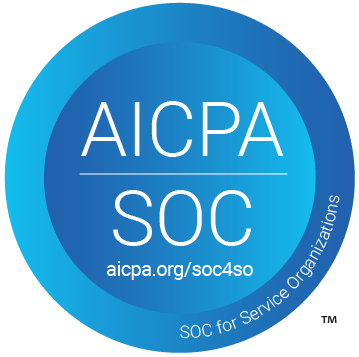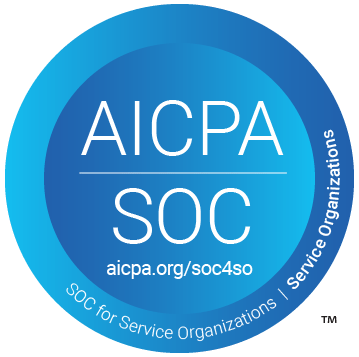Learn how to send promotional messages on WhatsApp using Pabbly Connect and Google Sheets. This detailed tutorial covers all steps and integrations needed. Explore efficient methods for automating routine tasks with clear, concise instructions suited for both newcomers and experienced professionals.
Watch Step By Step Video Tutorial Below
1. Accessing Pabbly Connect for Integration
To send promotional messages on WhatsApp, first, access Pabbly Connect. Sign in if you are an existing user or click on the ‘Sign up for free’ button if you are new. You can get 100 tasks free every month.
Once logged in, click on ‘Access Now’ to reach your dashboard. Here, you will create a new workflow by clicking on the ‘Create Workflow’ button, naming it ‘Send Promotional Messages on WhatsApp,’ and selecting the appropriate folder for organization.
2. Setting Up Trigger and Action in Pabbly Connect
In this step, you will set up the trigger and action for your workflow in Pabbly Connect. The trigger application will be Google Sheets, and the action application will be WhatsApp Cloud API. Select ‘New or Updated Spreadsheet Row’ as your trigger event.
- Choose Google Sheets as the trigger application.
- Set the trigger event to ‘New or Updated Spreadsheet Row’.
- Select WhatsApp Cloud API as the action application.
- Set the action event to ‘Send Template Message’.
After selecting the applications and events, you will see a webhook URL in Pabbly Connect. This URL is crucial for linking your Google Sheets with the integration.
3. Configuring Google Sheets for Pabbly Connect
Now, configure your Google Sheets to work with Pabbly Connect. Open your Google Sheet containing customer details. Navigate to the ‘Extensions’ menu, then select ‘Pabbly Connect Webhooks’ and click on ‘Initial Setup’.
- Copy the webhook URL from Pabbly Connect and paste it into the designated field.
- Set the trigger column to the final data column (Column B in this case).
- Click on ‘Submit’ to save your configuration.
Once the setup is complete, send test data to ensure that the connection works properly. You will receive a response in Pabbly Connect confirming that customer details have been captured successfully.
4. Sending Promotional Messages via WhatsApp Cloud API
With the connection established, you can now send promotional messages using Pabbly Connect and WhatsApp Cloud API. Click on the connect button in the action window to set up the connection with WhatsApp Cloud API.
Enter the required details such as the temporary access token, phone number ID, and WhatsApp business account ID. After entering these details, click on ‘Save’ to establish the connection.
Select the template you want to use for the promotional message. Map the recipient’s mobile number and customer name from the previous step’s response. Click on ‘Save and Send Test Request’ to send a test message.
You should receive a positive response indicating that the promotional WhatsApp message has been sent successfully to your customer.
5. Sending Messages to Multiple Customers
To send promotional messages to all customers, return to your Google Sheets and repeat the process. Go to ‘Extensions’ and select ‘Pabbly Connect Webhooks’ and then click on ‘Send All Data’.
This action will trigger the sending of promotional WhatsApp messages to all customers listed in your Google Sheet through Pabbly Connect. The automation ensures that each customer receives their personalized message based on the details provided in the sheet.
Once the messages are sent, you can verify by checking each WhatsApp message received by your customers. This confirms that the integration and automation were successful.
Conclusion
In this tutorial, we explored how to send promotional messages on WhatsApp using Pabbly Connect and Google Sheets. By following the steps outlined, you can automate your messaging process effectively, ensuring timely communication with your customers.
Ensure you check out Pabbly Connect to create business automation workflows and reduce manual tasks. Pabbly Connect currently offer integration with 2,000+ applications.
- Check out Pabbly Connect – Automate your business workflows effortlessly!
- Sign Up Free – Start your journey with ease!
- 10,000+ Video Tutorials – Learn step by step!
- Join Pabbly Facebook Group – Connect with 21,000+ like minded people!






